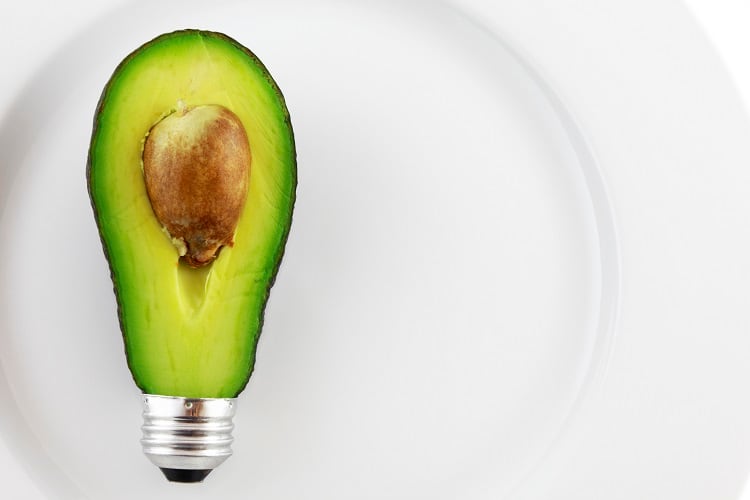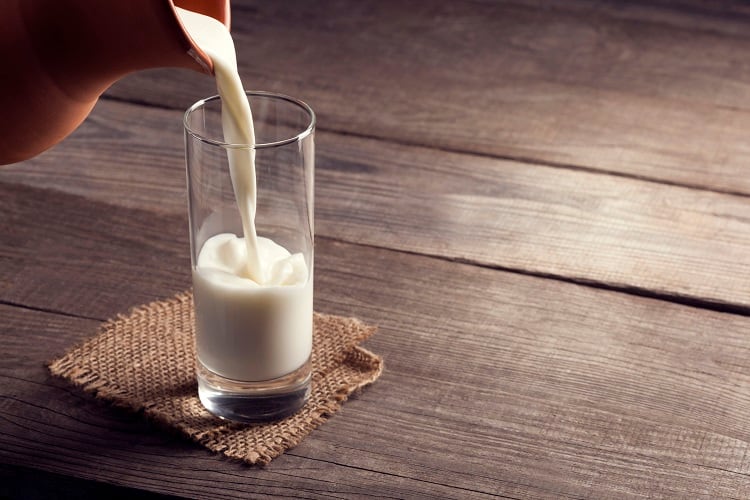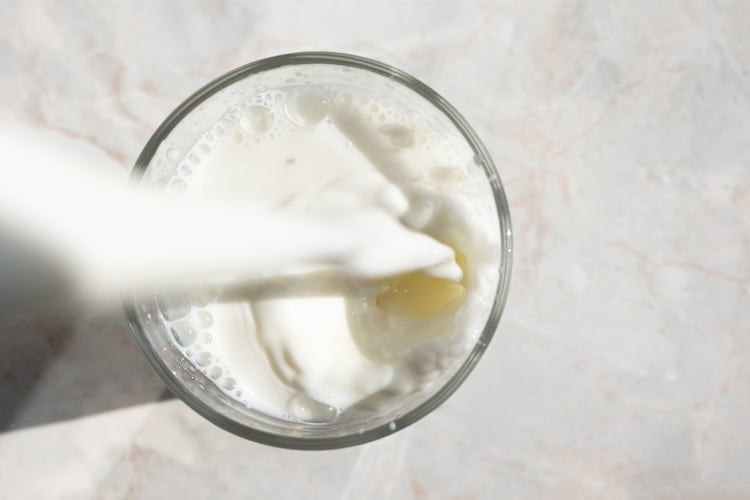From circular economy solutions that allow us to produce more using fewer resources to digital tools to improve on-farm efficiency, food and ag tech innovators are developing solutions with the potential to radically reinvent the food system. But coming up with answers to some of the most significant challenges facing the food sector is just the first step. To have a meaningful impact, they need to be brought to scale. And it is at this hurdle that many food tech start-ups and entrepreneurs stumble.
“There are a couple of barriers that a lot of promising innovations face when it comes to scaling up. One is funding, and the other is the opportunity to test and prove their innovation at scale,” Tesco’s responsible sourcing chief Giles Bolton observed.
In a bid to help overcome these issues, Tesco has developed its Innovation Connections accelerator alongside environmentalists at WWF. “We’re hoping that Innovation Connections will help with both by giving promising innovators the chance to test their ideas at scale by partnering with our suppliers.”
Innovation Connections will identify suppliers who can help to scale up new ideas and technologies. Applicants have been paired with long-term Tesco suppliers to pitch scale-up projects that apply their ideas in the real world of food supply chains. Winners will work with Tesco’s supplier partners to pilot and scale their innovation and will each receive up to £150,000 in funding support.
“More than a quarter of all greenhouse gas emissions are driven by the way we produce and consume food, but it doesn’t have to be that way. It’s possible for farms to produce enough nutritious food and sustain farmers’ livelihoods at the same time as protecting and restoring the natural resources they depend on,” Tanya Steele, WWF CEO said.
“We hope the launch of this new accelerator programme with Tesco will bring innovative solutions a step closer and help us achieve our goal of halving the environmental impacts of the average UK shopping basket.”
‘We need to take transformative action’
From 70 applications to the programme, Tesco worked with WWF, Innovation Forum and VentureBright to whittle it down to eight finalists who went head-to-head at a pitch competition last week.
By supporting innovative start-ups in this way, Bolton said Tesco hopes to support the transition to a more sustainable food system.
“It’s clear that the food system faces a lot of challenges, from the ongoing crisis in Ukraine to the effects of climate change. If we’re to create a food system that can overcome these challenges and deliver healthy, affordable and sustainable food for our customers, then we need to take transformative action,” he told FoodNavigator.
“As well as improving our operations, we’re innovating with suppliers and start-ups to drive change in our sector. That includes supporting innovation in our supply chain. For example, we’re exploring how insects grown on food waste can feed fish and potentially livestock, cutting emissions from food waste and reducing the use of imported soy and fishmeal. And last year, we began selling the first commercial volumes of vertically-grown strawberries, produced by one of our suppliers using a revolutionary system that lengthens the UK growing season, uses 50% less water and cuts carbon by 90%.”
Regulation to ‘unlock innovation’ in UK food
Tesco is calling on the UK government to ‘do more’ to unlock the innovation potential in UK food supply chains and support innovation to market readiness, not just focus on the seed funding stage.
Specifically, Tesco wants to see the government set out ‘timelines and process’ for updating ‘outdated regulations’ that hinder the scale-up of late-stage innovation. The supermarket group pointed to the use of insect protein in animal feed and low carbon fertilisers as case in point. It wants to see a framework that incentivises business and consumers who are early adopters of new food system innovation.
“Progress towards a more sustainable food system will require joined-up action from industry and government. That includes trialling and scaling new technologies, as well as updating regulations to remove some of the barriers that are currently preventing innovation,” Bolton stressed.
“The severity of the climate and nature crises means we need to move swiftly. Insects as animal feed and sustainable fertiliser are two promising areas where we think there is huge potential, but where current regulation stands in the way of progress. For example, legislation needs to be updated to allow alternative feeds such as insect protein in pig and poultry feed – a natural part of their diets.”
The UK is preparing for the publication of its upcoming Food Strategy White Paper. Tesco believes this represents an opportunity to both transform the food system and enhance food security.
Innovation Connections finalists and partners revealed:
- AgriSound and Tesco fruit supplier AM Fresh: AgriSound offers a technology that uses bioacoustics to monitor pollinators and pest levels on farm to help farmers protect biodiversity and increase produce yields.
- Aurea and Tesco apple supplier Adrian Scripps: Aurea has developed a system for full lifecycle crop intelligence for fruit trees that allows farmers to manage health and fruit-load for every tree individually, improving yields while minimising the use of inputs like fertiliser.
- Chirrup.ai & meat and fish Hilton: Chirrup.ai has produced a monitoring system that uses birdsong as a science-based biodiversity indicator in grassland farming.
- CCm, Andermatt, FCT and Tesco potato supplier Branston: The collaboration has produced a demonstration of low carbon fertilisers to reduce the carbon footprint of potato production.
- FCT and produce supplier ProduceWorld: FCT has developed 'advanced carbon footprint software' for horticultural growers to analyse and reduce their emissions and increase carbon sequestration on farm, whilst also identifying cost savings and efficiencies.
- Future by Insects and meat and fish company Hilton: The companies are working together to trial circular fish feed, which uses food waste to grow microalgae to feed fish.
- Harbro and milk processor Muller: Harbro has developed technology to precisely measure nutrient efficiency on dairy farms.
- InsPro and prepared fruit supplier Prepworld: Are trialling portable bioconversion units that use insects to convert food waste into chicken feed and reduce the use of soy feed in the egg supply chain.




